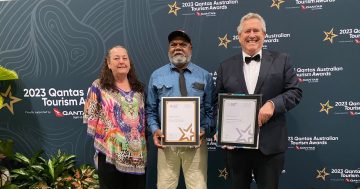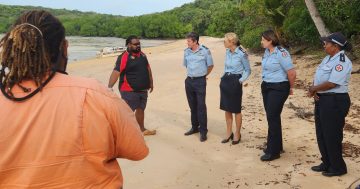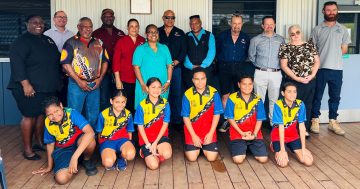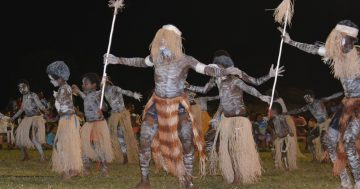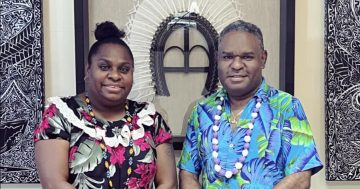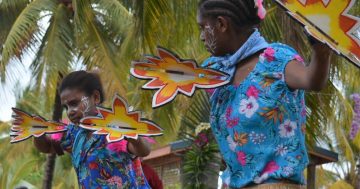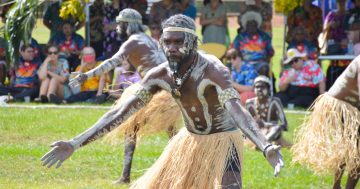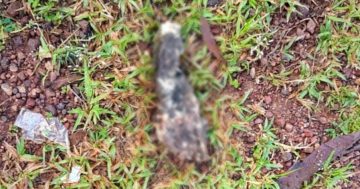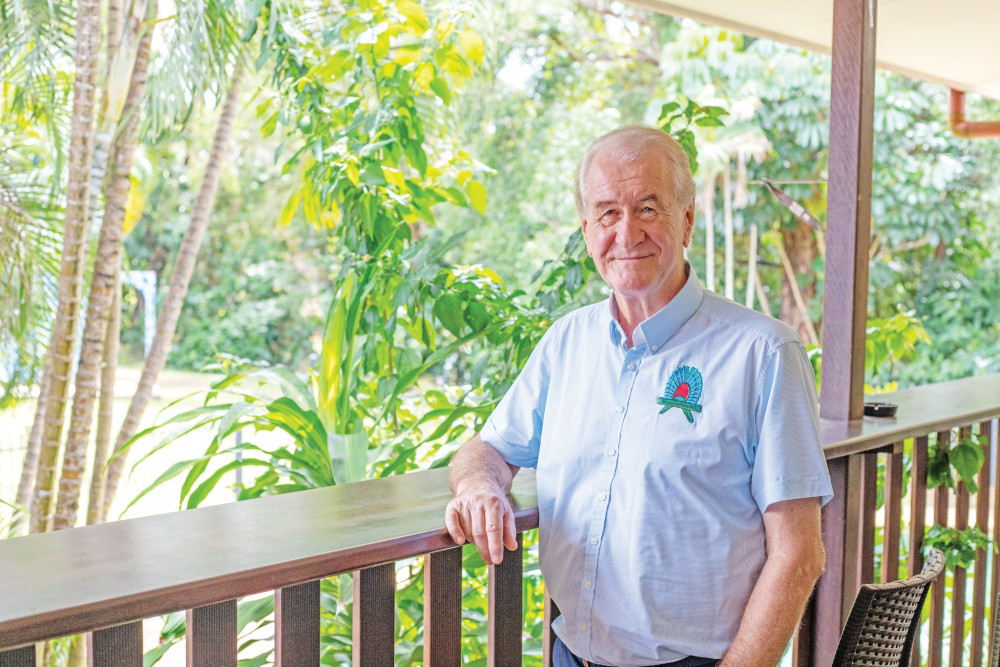
Companies in Weipa, Cooktown and Thursday Island can employ Australian-based overseas workers in hospitality jobs, but businesses in Bamaga cannot.
“Unfortunately, the Indigenous communities of Cape York are excluded from the very program that allows for, and assists, skilled migration,” Bamaga Enterprises Limited general manager Chris Foord said.
“A Designated Area Migration Agreement (DAMA) provides access to more overseas workers.
“There is now a very small and limited pool of skilled labour, especially in the hospitality industry where chefs and food and beverage professionals are as scarce as hen’s teeth.
“These positions are traditionally filled by overseas personnel looking to ultimately gain permanent residence in Australia.”
Mr Foord said an increase in tourism numbers in the NPA had only further highlighted the issue.
“The situation is further exacerbated by the significant increase in adventure tourism with Australians unable to travel overseas or even interstate with border closures,” Mr Foord said.
“Consequently, this tourist season, an unprecedented number of four-wheel drive travellers and tour groups visiting Cape York are on their way to the Tip to take that iconic photo.
“Chefs and hospitality staff tend to move around each season to new locations and it is an expensive process to recruit new staff each year, especially in remote locations.
“Overseas staff have to stay in Australia for several years and work in regional and remote regions to gain permanent residence.
“This provides years of stability in key areas for the hospitality industry in remote areas.”
Mr Foord said COVID-19 had changed all this.
“The hospitality industry throughout Australia is desperate for staff in all the major tourist centres,” he said.
“Hospitality staff can therefore pick and choose where they want to work, and of course choose the regional centres of Cairns and Port Douglas rather than the more remote Indigenous communities of Cape York where hospitality staff shortages are now critical.”
CHALLENGES FOR POPULAR LODGE
BAMAGA Enterprises Limited operates the Cape York Peninsula Lodge in Bamaga, which has 44 rooms, a restaurant and conference facilities.
It also operates the Bamaga Tavern and Bistro.
The lodge had 100 tour groups booked for the peak season as well as its normal clients.
“BEL has struggled to secure chefs, sous chefs and other hospitality professionals for the lodge and bistro, including qualified bar staff,” Mr Foord said.
“This is putting an incredible strain on existing staff who are having to cover for the positions for which BEL cannot recruit staff.”
The DAMA for Far North Queensland is remarkably run by the Cairns Chamber of Commerce.
“The reason for the exclusion of the Indigenous communities from the FNQ DAMA is apparently that overseas staff may take the positions of local community members,” Mr Foord said.
“However, there are no Indigenous qualified chef and hospitality professionals in the Cape communities, so this argument is superfluous. The lack of available staff has resulted in BEL having to significantly increase salaries and offer other benefits for advertised roles to attract staff.”
Mr Foord wondered how Weipa, Cooktown and Thursday Island were included, but not the NPA.
“It is not known with whom or how the federal government consulted with the Indigenous Cape communities to make this decision, but they certainly did not consult with the business community, which is the most heavily impacted,” the GM said.
“This certainly affects the NPA, which is the ultimate destination of all the visitors heading up the Cape.
“The NPA is a community of around 3000 people, which is the same population as Thursday Island, both of which are mostly comprised of Indigenous people.
“It is difficult to ascertain what the difference between the two areas are and why one is included in the DAMA and one isn’t.”


